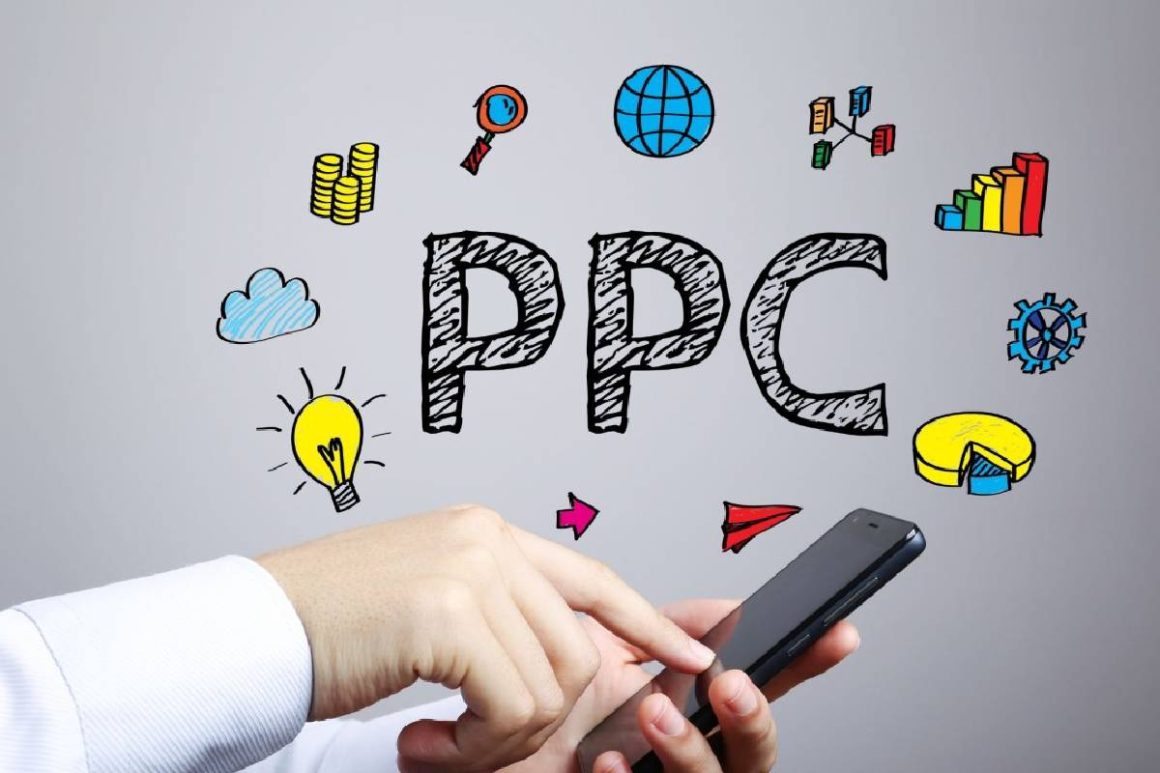PC management is a massive part of the world’s digital marketing, with primary objectives to get higher returns and a bigger budget for your ads campaigns in Google Ads, Bing Ads, and social media advertising. Efficient account management implies, from the beginning to the end of the process – careful planning, accomplishment, and feasible optimization – which helps to draw the best users there, turn them into clients, and ultimately reach the business objectives.
In this talk, we take a deep look into PPC management before delving into the ingrained strategies and practices in this profession.
Table of Contents
1. Understanding PPC Management
Paid-per-click PPC Management, which is used to aggregate traffic on the website, is a multifaceted approach that involves the use of paid advertising channels. Qualified leads and conversions are generated in this process. To begin with, it includes complete keyword research to find out the terms and phrases connected to the searcher’s intent, and that correspond to the audience. Advertising on such keywords is typically done through an auction-based system with the chosen top ad placement assigned to the highest bidder.
2. Developing A Video Strategy (Video Ads) /Influencer Marketing.
An excellent, well-structured PPC plan is the basis for its achievement. Organizations follow this so-called campaign by ad groups. A budgeted structure is where each ad group is laser-focused on keywords or a theme. Groups of ads are made up of content that recognizably triggers the audience and hopefully leads to participation. The phrasing of the ads must be enticing, short, and to the point, listing the benefits and pushing the users to click through to the page.
3. The Bid Management as well as The Allocation of Budget
Suggestive of bids unsuccessful bid management encapsulates crisis operations of a pay-per-click ad campaign. Bids are being changed according to the parameters such as keyword performance, competition, and optional goals for the ad positions. One way of deploying bidding strategies is manual bidding, automated bidding, or both together. This allows you to save costs while achieving the maximum possible ROI. Also, the budget planning and allocation between different strategic campaigns and ad groups will enable us to invest resources into more efficient areas with better ROI.
4. Continuous Monitoring and Optimization
PPC management is not static; it changes dynamically. Hence, it needs to be tracked and optimized continually. Tracking crucial figures, like CTR, CPA, conversion rate, and ROAS, enables us to understand campaign efficiency. Whether keyword changes, ad copy updates, bid adjustments, or altered targeting options, these changes are based on data-driven conclusions to boost campaign performance and accomplish the required outputs.
4.A/B Testing and Experimentation
The A/B testing is critical to PPC management so that it helps advertisers understand what and which components of the ads, in light of headlines, descriptions, and landing pages, are the most successful. Experts use testing and then assessing results to understand user preferences and performance. They are then in a position to keep improving, and iterations will result in optimal results.
Key Takeaway
An efficient PPC campaign will be mainly achieved through keyword research, ad creation, bidding, and performance analysis. Using sophisticated tools, the PPC manager draws meaningful insights and constantly optimizes the campaigns to achieve the desired results. The aim is to bring relevant leads, turn them into conversions, and maximize the return on advertising investments. Not only is it necessary to develop strategies in line with the exponential changes the digital world is experiencing, but also it is crucial to remain aware of such dynamics.


